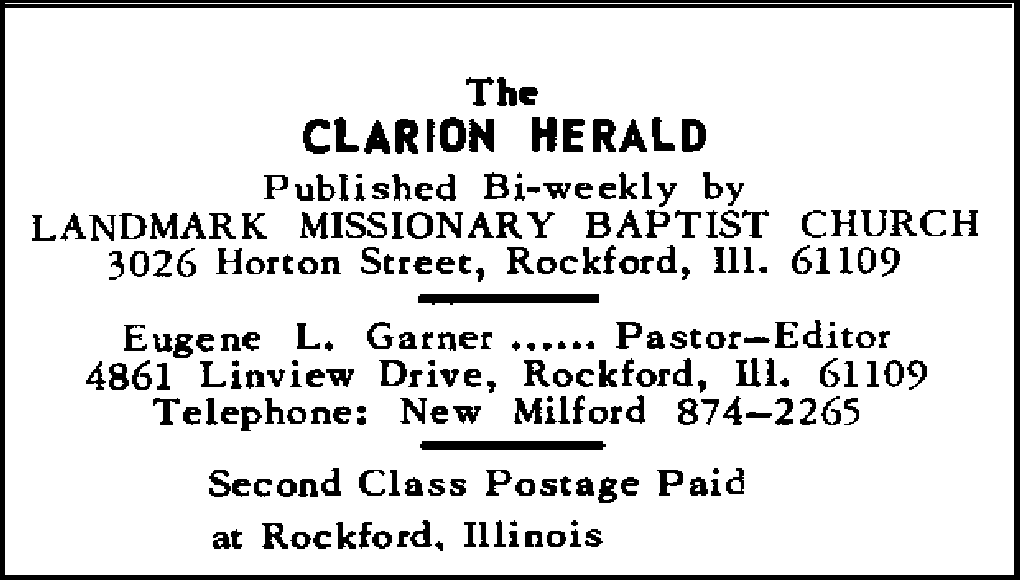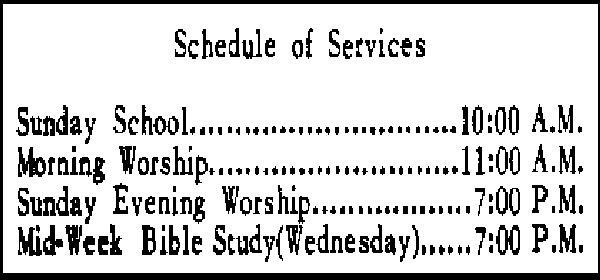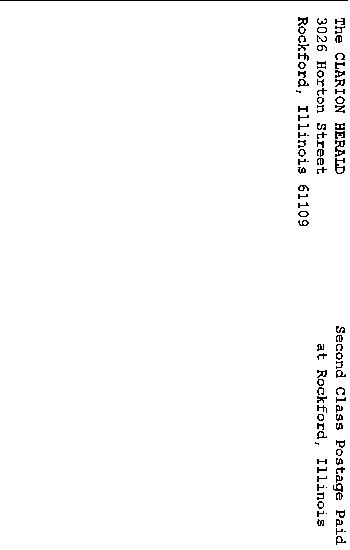From his youth Saul of Tarsus believed in God the Father Almighty -- Maker of heaven and earth. Following his encounter with Jesus, on the Damascus Road, he acknowledged His lordship and deity. And his Christian life was lived under the influence and direction of the Holy Spirit.
It was the Holy Spirit Who called on the church at Antioch to separate Paul for missionary service, (Acts 13:2-4). Through the years of service that followed he was ever conscious of the Spirit's sovereign guidance in all his ways. And since he was a man-on-the-move, the Spirit sometimes led-by forbidding what he had planned, (Acts 16:6-10).
At times the Spirit showed him what perils lay ahead -- without intending to turn him aside. Thus, he went to Jerusalem with a consciousness that "bonds and afflictions" awaited him there. An over-powering love for men, and sense of duty, made him indifferent to the dangers which others feared and insensible to the carnal protests of sincere friends who urged him to consider his reputation and physical safety, (Acts 20:22-23). He




